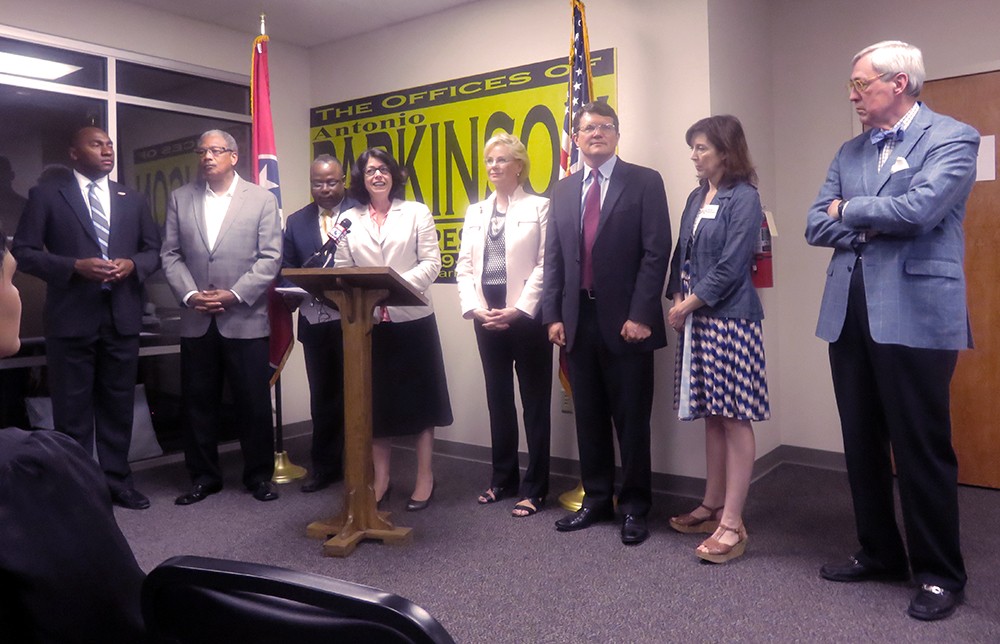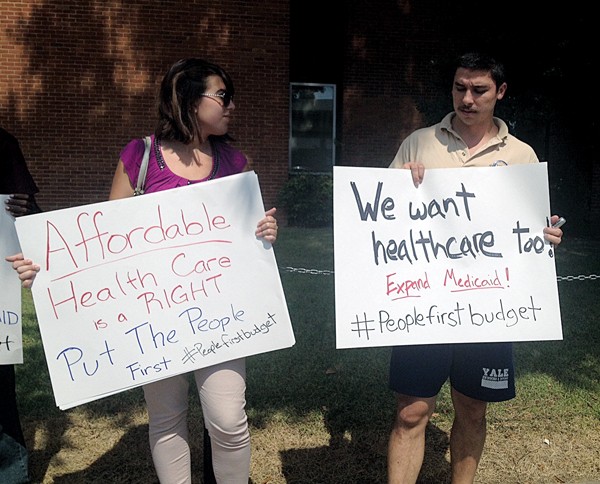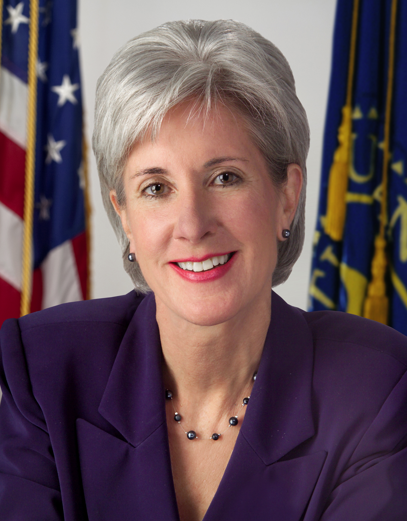In her debate with Donald Trump, Vice President Kamala Harris declared, “Access to healthcare should be a right, not a privilege for those who can afford it.” Her stance is laudable, and the reforms she advocated that evening make political sense in a tight presidential race, i.e. widening access to care through the Affordable Care Act (ACA) and extending negotiated drug prices (e.g., insulin capped at $35 per month) to all Americans, not only Medicare recipients.
But such reforms only go so far in realizing the fundamental value of healthcare as a right belonging to all Americans. The reforms won’t address the inequities and structural problems plaguing our fragmented healthcare system (or “semi-system,” as political scientist Jacob S. Hacker has described it).
This past year, the U.S. experienced a national medical emergency affecting millions of Americans. Known as the “Great Unwinding,” this underreported emergency entailed the disenrollment from Medicaid of 23 million Americans, many of them children. Medicaid, the joint federal-state program providing healthcare coverage to poor Americans, had put millions of people on continuous coverage as a result of 2020 legislation passed at the outset of the pandemic. Prior to the pandemic, Medicaid recipients had to undergo regular checks on their income-related eligibility for the program, checks that often interrupted care with red tape and bureaucratic glitches (patients moving, or not getting adequate notifications, as well as confusing instructions for individuals with disabilities). Continuous coverage meant that approximately 90 million people received necessary medical appointments and medications without interruption.
But when the pandemic-era program expired last year, states began disenrolling patients (some states more aggressively than others) with results that were highly disruptive to patients’ ongoing care. One young Florida couple, whose 7-year-old daughter has cerebral palsy and epileptic seizures, was given a 10-day notice of their daughter’s disenrollment, a notification that meant disruptions to the visits with her daughter’s therapists, as well a threat to the continuous supply of her medications. Another couple was informed that their 12-year-old daughter had retained her Medicaid coverage, while their 6-year-old son was disenrolled.
Over the course of this past year, 56.4 million people (69 percent of the people who had been disenrolled) were eventually able to have their coverage renewed, while 25 million (31 percent) remain disenrolled, many for so-called “procedural” reasons (e.g., outdated contact information, inability to understand or complete renewal packets). Overall, 25.6 million Americans lack health insurance altogether.
These figures are unacceptable in a nation as wealthy as the U.S. — a nation that spends more on healthcare per capita than any comparable nation in wealth and size. As Adam Gaffney, a critical care physician, has noted, any short- or long-term gaps in coverage can “precipitate potentially deadly ruptures of care.” Citing recent medical studies, Gaffney explains that, “most of the benefits of modern healthcare, after all, emerge not from emergency care provided in places like ERs or ICUs, as important as that is. Rather, health is protected through long-standing therapeutic relationships between patients and primary care physicians that allow medical problems to be recognized and chronic problems carefully managed.”
For these reasons (i.e., the fragmented nature of our healthcare system, the medically harmful discontinuities of care, the unacceptable number of uninsured individuals), our nation deserves a genuine Medicare for all: a single-payer healthcare system that’s publicly financed, and that provides individuals with comprehensive care and choice in selecting providers. And, as recommended by the advocacy group Physicians for a National Health Program, the delivery of care would remain “largely in private hands.”
The provision of coverage itself, however, must not be compromised by the introduction of for-profit insurance plans, like the Medicare Advantage (MA) plans that now enroll half of all Medicare recipients. Under such plans, a private insurer is paid a fixed monthly amount for each Medicare recipient who selects the option, and the plan handles the coverage for that individual. Introduced during the Reagan administration, the MA plans were intended to provide more efficient care, but they’ve ended up being more costly than traditional Medicare, have posed problems to patients and rural health facilities because of frequent denials of care, and have been investigated for fraudulent overbilling.
In its Project 2025 blueprint for governance, the Heritage Foundation has called for privatized MA plans to be the “default option” for Medicare, and they will likely be Donald Trump’s preferred option were he to be elected president this November. He would also be likely to follow the Project’s recommendations on stripping certain key consumer protections from the ACA.
If Kamala Harris is elected president, she will have before her an array of policy options that go far beyond the reforms she mentioned in her debate with Trump. These are options that can provide all Americans, no matter what their employment or socioeconomic status, with comprehensive and continuous healthcare.
For example, there is proposed Medicare for All legislation now before the Senate and House (Sanders, Jayapal, Dingell), with 15 cosponsors in the Senate and support from half the Democratic caucus in Congress. In addition, the 2024 Democratic Party platform includes a plank calling for a “public option” to supplement the marketplace plans in the ACA. Such an option, which Harris advocated in her 2019 bid for president, would give Americans of any age the opportunity to enroll in Medicare-style, publicly funded coverage.
In recent weeks, Harris has said that although her policy positions may have changed, her values haven’t. If she is elected president, she should seize the opportunity to align her values — healthcare as a right, not a commodity — with policies that offer the best chance of realizing those values fully.
Andrew Moss, syndicated by PeaceVoice, writes on labor, nonviolence, and culture from Los Angeles. He is an emeritus professor (nonviolence studies, English) from California State University.




 JB
JB  Bianca Phillips
Bianca Phillips 

